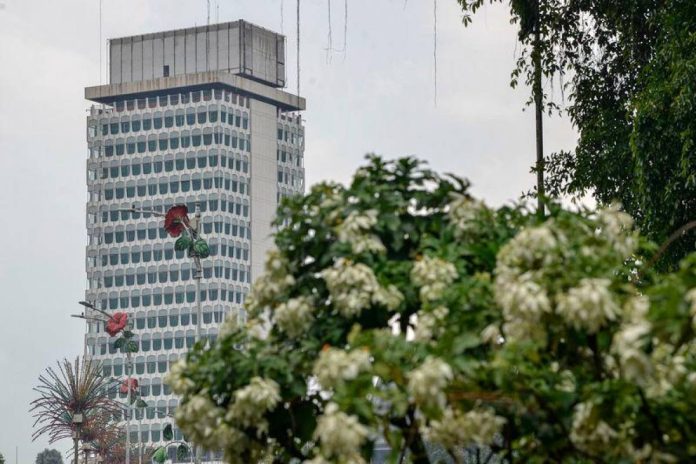KUALA LUMPUR: Economists anticipate that Budget 2026 will avoid introducing major changes to the taxation system to maintain consumer and investor confidence amidst United States tariff implementation.
MBSB Investment Bank Bhd Research director and head Imran Yassin Yusof suggested the government might consider expanding the capital gains tax scope to cover gains from the disposal of shares listed on Bursa Malaysia.
“Currently, CGT covers the gains from the disposal of unlisted shares and the disposal of foreign capital assets,” he said.
Imran added that any expansion would require a further impact study and has a low probability of being tabled in the upcoming budget.
He also identified other possible new taxes including inheritance tax, sin tax, or health taxes such as a tobacco tax.
Economist Doris Liew expects the budget to focus on enhancing dividend and capital gains tax enforcement rather than introducing major new levies.
“With limited fiscal space for new taxes in 2026, the budget is likely to rely on incremental compliance improvements, such as widening the tax net via e-invoicing and tax identification number registration and digitalisation of tax administration,” Liew said.
She further noted the budget is likely to expand non-tax revenue through levies, fees and asset monetisation.
Liew expressed that the implementation of a carbon tax, a recurring proposal, might face significant hurdles related to competitiveness and regulatory readiness.
“In terms of readiness, Malaysia’s regulatory and monitoring frameworks remain immature,” she said, adding that any carbon tax would likely start as a pilot for listed companies.
Imran stated that MBSB Research does not foresee any individual tax rate revisions, including for the top 20% income earners, following Bank Negara Malaysia’s pre-emptive policy easing.
“In other words, we do not expect any major changes to the taxation system as higher taxes could result in slower spending next year,” he explained.
Liew concurred that corporate tax would almost certainly remain unchanged as Malaysia seeks to preserve investor confidence following recent trade slowdowns.
August 2025’s trade eased 1.9% year-on-year to RM247.07 billion, with export growth slowing to 1.9% from 6.8% in July.
Liew described the government’s challenge as ‘walking a tightrope between fiscal consolidation and growth support’.
“On one hand, higher revenue is needed to close deficits and fund social spending, on the other, tariff-related export weakness, elevated food and energy costs and looming global supply chain uncertainty through 2027 argue against new burdens on firms or households,“ she said.
Imran emphasised that while broadening the tax base is positive, enhancing tax compliance and curbing evasion are equally critical.
Both economists do not anticipate further expansion of the sales and service tax coverage in the upcoming budget.
Prime Minister Datuk Seri Anwar Ibrahim is scheduled to table Budget 2026 in Parliament on October 10. – Bernama








